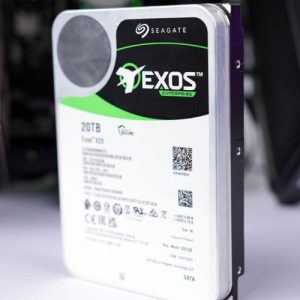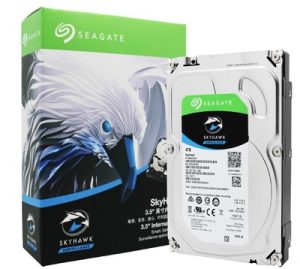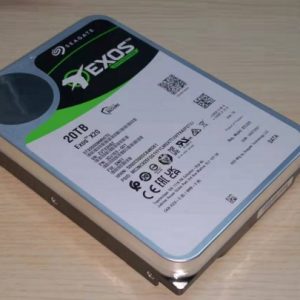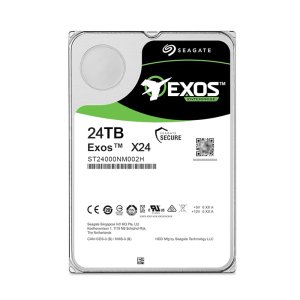What Does CMR Stand for in Hard Drives? In the rapidly evolving world of data storage, understanding the terminology is crucial, especially for bulk purchasers of hard drives. Today, we’re delving into a common term you may have encountered: CMR. Let’s explore what CMR stands for in hard drives and its implications for your storage solutions.
What is CMR in Hard Drives?
CMR stands for Conventional Magnetic Recording, a technology used in hard disk drives (HDDs) to store data. This traditional method involves writing data to the disk using magnetic fields, which has been the standard for decades. CMR is known for its reliability and cost-effectiveness, making it a popular choice for enterprise-level storage solutions.
Why Does CMR Matter for Bulk Buyers?
For bulk buyers, understanding the technology behind storage solutions is essential. CMR hard drives offer several advantages that make them suitable for large-scale data storage needs:
- Cost-Effectiveness: CMR drives are generally more affordable compared to newer technologies like SMR (Shingled Magnetic Recording) and HAMR (Heat-Assisted Magnetic Recording).
- Reliability: With a long-standing history of use, CMR drives have proven to be reliable and durable, which is crucial for business continuity.
- Compatibility: CMR drives work seamlessly with existing storage systems, making them an ideal choice for upgrading or expanding current infrastructures.
CMR vs. SMR and HAMR: What’s the Difference?
While CMR is the traditional method, it’s essential to understand how it compares to newer technologies:
- SMR: SMR writes data in a way that overlaps the tracks, which can be more space-efficient but may lead to slower write speeds and potential performance issues in certain scenarios.
- HAMR: HAMR uses a laser to heat the recording media, allowing for higher data density and improved performance. However, it is a newer technology and can be more expensive.
CMR Hard Drive Performance Metrics
When considering CMR hard drives for your storage needs, several performance metrics are crucial:
-
- Data Transfer Rate: The speed at which data can be read from or written to the drive.
- Capacity: The amount of data the drive can store, typically measured in terabytes (TB).
>
- Endurance: The drive’s ability to handle read/write cycles over time without degradation.
- Energy Efficiency: The power consumption of the drive, which is essential for data centers and large-scale operations.
Choosing the Right CMR Hard Drive for Your Needs
When selecting a CMR hard drive, consider the following factors:
- Capacity Requirements: Determine the amount of data you need to store to choose the appropriate drive size.
- Performance Needs: Assess the data transfer rates and endurance required for your applications.
- Budget Constraints: Evaluate your budget to find the best balance between performance and cost.
Seagate’s Enterprise CMR Hard Drives: As a leading provider of storage solutions, Seagate offers a range of enterprise-grade CMR hard drives known for their reliability, performance, and cost-effectiveness. Our drives are designed to meet the demanding needs of large-scale data storage environments.
Why Choose Huayi International Limited for Your CMR Hard Drive Needs?
Huayi International Limited is a trusted Seagate enterprise hard drive distributor, catering to global bulk buyers. Here are some reasons why choosing us is beneficial:
- Seagate Authorized Distributor: We provide genuine Seagate products, ensuring quality and authenticity.
- Transaction Security: Our secure transaction processes guarantee a safe buying experience.
- Stable Supply: We offer a stable supply chain, ensuring consistent availability of hard drives.
- 3-Year Warranty: Our products come with a 3-year warranty, providing peace of mind.
- Exceptional Support: Our dedicated support team is always ready to assist you with any inquiries or issues.
In conclusion, CMR hard drives continue to be a reliable and cost-effective choice for bulk buyers in the enterprise storage market.




